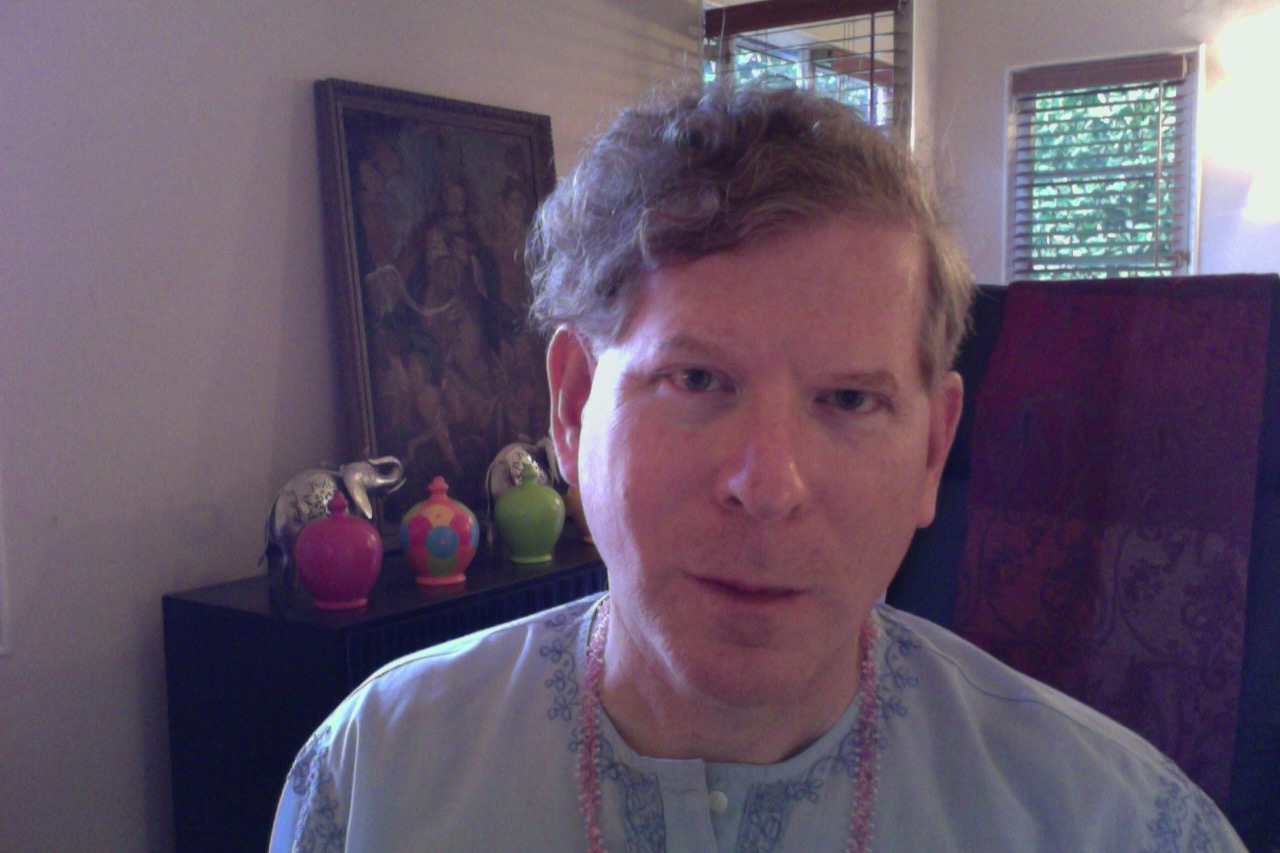Sea Changes

Michael Robinson (Los Angeles)
At the time of entering graduate school in 1980 as a composition major, I had already embarked upon an individual musical course. My sense was that there was no composer who captured what I felt was essential, including composers of the past who by definition reflected their particular time and milieu, and present-day composers I felt were out of touch. One elemental sea change I felt was how composed music must now take on the flow of predominant improvised forms, namely American jazz and Indian classical music, the latter coming to my consciousness gradually, presaged by the music of Morton Feldman, who I believe was deeply influenced by the alap of North Indian classical music. The second sea change of staggering dimensionality came with my being introduced in 1984 to the concept of computer-performed music by jazz bassist Reggie Johnson, who had previously helped arrange for a string quartet to play my String Quartet No. 2 in 1982 (later named The Abode of Joy), and now felt this technological innovation might be a promising avenue for me to explore.
Ocean Avenue connects the music of Guillaume de Machaut with Kafi Thaat.
Encanto Drive combines Raga Bhairavi with contrasting percussion ostinati.
Indeed, I found the technical and expressive possibilities of what I eventually named the Meruvina in 2002, to be in confluence with the zeitgeist of our time, anticipated in the forties by Conlon Nancarrow, whose primary influences were, remarkably, also American jazz and Indian classical music. My difficulty with Nancarrow’s music (I only heard it after becoming involved with the Meruvina concept) is that it amounts to what he said it was, namely technical studies, and the monochromatic timbral spectrum – only the sound of the player piano – is much too limiting. Unlike the apparent vast majority of my contemporaries, I prefer computer music without any human participation at the moment of performance, including how my music is entirely through-composed without any improvisation or chance involved, the notable exception being key elements of spatial placement within defined parameters. Perhaps the single most unique element of Indian classical music is a sense of the present moment being eternal as opposed to leading somewhere in the future. In other words, the present is so captivating there is no conscious desire to be anywhere else, and one such moment manifests imperceptibly to another. Perceiving this philosophy of musical form, amounting to a central aesthetic epiphany, first occurred during a December 1987 concert of Hindustani vocal music at Washington Square Church in Greenwich Village. Attraction to and awareness of this elusive quality in music from India is likely the underlying inspiration for my compositions and Meruvina performances. - Michael Robinson, December 2018, Los Angeles
© 2018 Michael Robinson All rights reserved
Michael Robinson is a Los Angeles-based composer and writer (musicologist). |